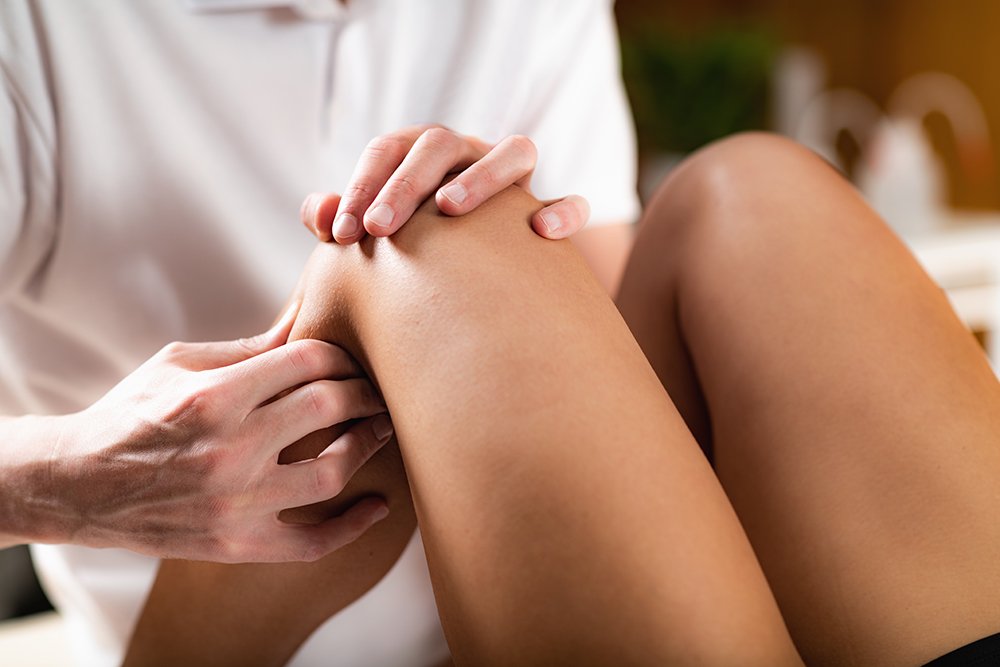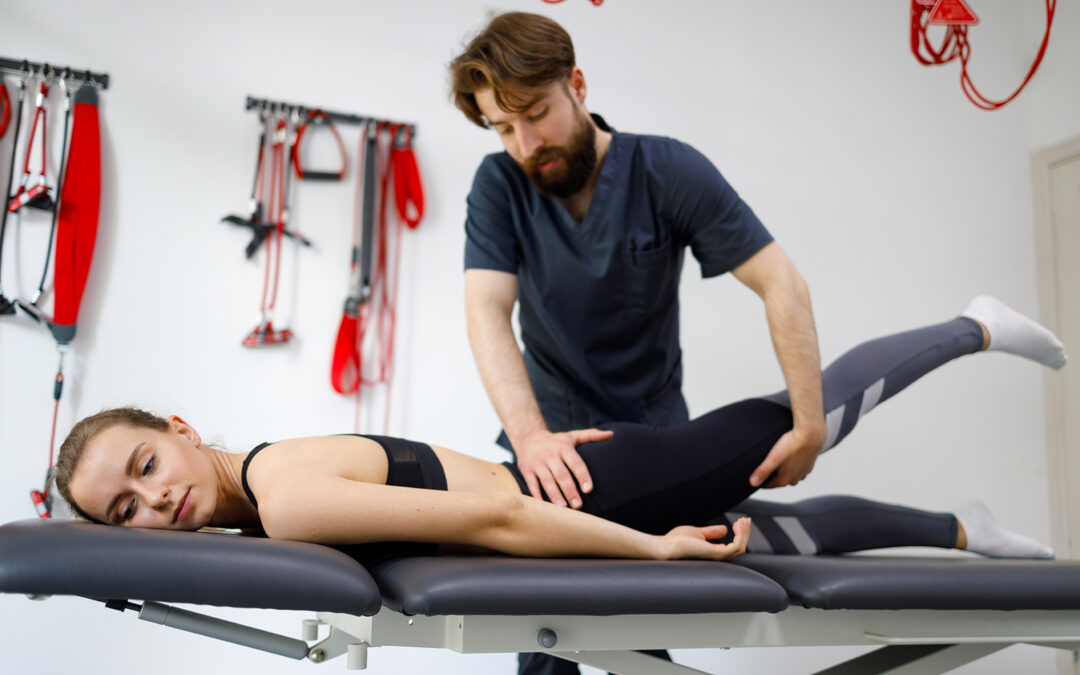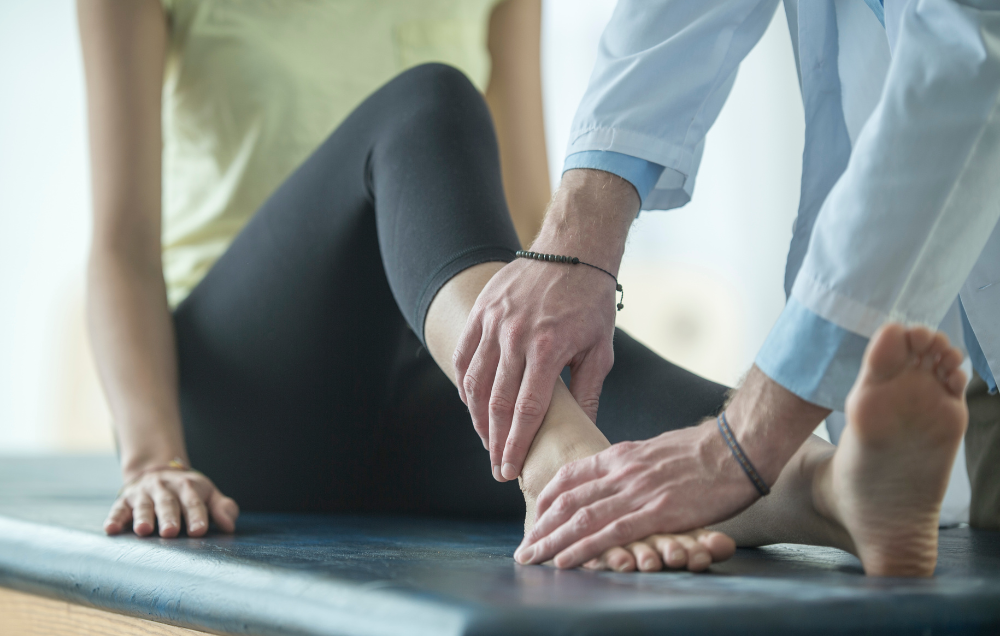Contents
Research has found that nearly 20% of people in the U.S. aged 45 years or older have been diagnosed with knee osteoarthritis. This is just one of several different types of arthritis that affect millions of Americans each day.
Knee arthritis can interfere with everyday activities and make even the simplest of movements, like bending the knee, feel like a difficult task. It can make moving around hard to do, which is why finding the right kind of treatment can make a world of a difference. If you’re someone who struggles with knee arthritis, here are a few different ways that treatment, specifically physical therapy, can help.
What are some types of knee arthritis?
-
Osteoarthritis.
-
Post-traumatic arthritis.
-
Rheumatoid arthritis.
What are some ways that physical therapy can help an arthritic knee?
-
Gentle joint stretching — One way that physical therapy can help an arthritic knee is by performing gentle joint stretching. This stretching can help reduce stiffness in a gentle manner so as not to cause any more discomfort than necessary. It promotes movement in the affected joints, like the knee, to prevent the worsening pain and stiffness from inactivity.
-
Graston Technique® — The Graston Technique, an instrument-assisted technique, is used to reduce any pressure or tension around the area of the joint that may contribute to the pain.
-
Joint mobilization — Another method that can be used during physical therapy to help an arthritic knee is joint mobilization. This technique can be helpful for those managing joint pain and inflammation. It allows for the gentle exercise of the joints and surrounding tissue within a patient’s pain threshold. Research has shown that this method, commonly used by physical therapists, can reduce joint pain.
-
Myofascial release — Myofascial release is a type of manual tissue manipulation technique. It involves a licensed physical therapy provider or another health care provider physically manipulating the myofascial tissue. The point of myofascial release is to release tension in the muscles and reduce pressure on the joints. It has been shown to be an effective treatment method for arthritis patients when performed three times a week for at least two weeks.
-
Soft tissue mobilization — Soft tissue mobilization is a manual technique that reduces muscle tension and pushes fluid buildup out. It can be used for arthritis patients to help reduce inflammation around the joints and surrounding muscles.
-
Heat and ice therapy — Using heating pads or ice packs intermittently can help reduce some of the pain and inflammation associated with arthritis flare-ups. If your arthritis is bothering you, heat may help reduce muscle and joint stiffness, while ice may help reduce inflammation and swelling.
-
Ultrasound — If you have not yet been diagnosed with arthritis in your knee, an ultrasound may be used during physical therapy to detect inflammation in the knee. It can also be used to detect not only the progression of arthritis but also the type.
Lattimore PT wants to provide you with physical therapy care for your arthritic knee
Our team of talented physical therapists spread across the state is dedicated to understanding the treatment that works best for you. We specialize in taking a “hands-on,” interactive approach with each of our patients to provide them with the best care possible. We love to see our patients thrive, which is why we’ll do as much as we can to help get them to that point. The physical therapists at each of our Lattimore locations take pride in their work and do their best to come to the clinic each day with a smiling face. We aim to make each physical therapy session enjoyable yet productive. The ultimate mark of success, to us, is a patient who feels positively impacted by our work. Are you ready to experience “the Lattimore way”?
We’re confident that we can give you the care you need to improve your knee health. If you’re dealing with a painful or uncomfortable knee because of your arthritis, our physical therapists would like to help. You don’t need to let joint pain and inflammation rule your life any longer than it already has. Let us help you.
Contact our team today for more information or to schedule an initial appointment.



